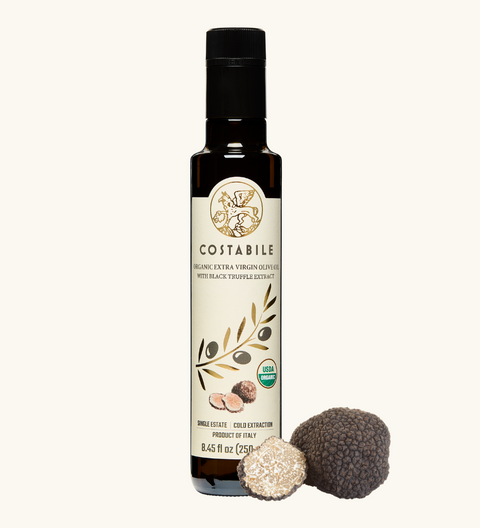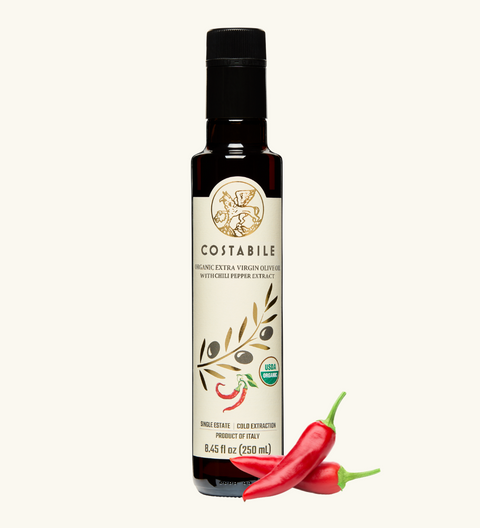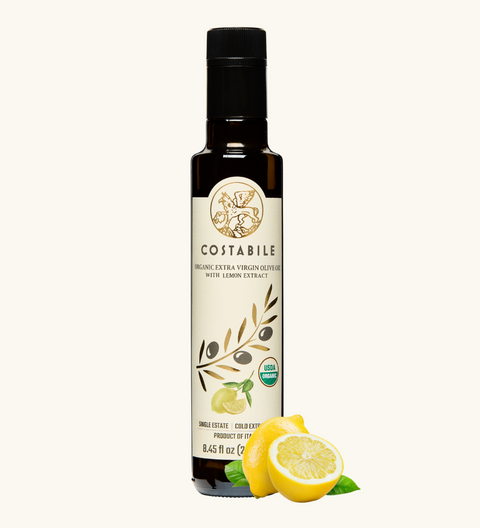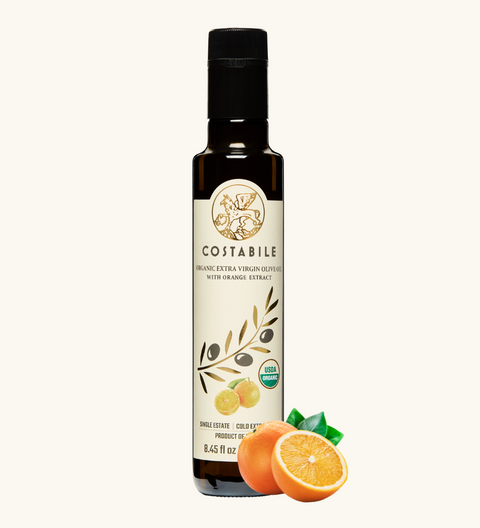Introduction
In today's fast-paced world, many of us are becoming increasingly concerned about the food we put on our tables. We want to know where it comes from, how it's grown, and its impact on the environment. This growing interest has led to a surge in organic farming, a sustainable and environmentally friendly approach to agriculture. In this article, we'll explore the principles of organic farming, how it differs from conventional farming, and the benefits it offers to both consumers and the planet.
Principles of Organic Farming
Organic farming is an agricultural method that prioritizes the use of natural processes and resources while minimizing synthetic inputs such as pesticides and synthetic fertilizers. Here are the key principles of organic farming:
- Natural Pest and Disease Control: Organic farming employs natural alternatives to control pests and diseases. These methods include biological pest control, crop diversity to deter pests, and the use of natural herbicides, reducing the need for chemical pesticides.
- Animal Welfare: Many organic farms incorporate animal husbandry into their operations, raising livestock in conditions that prioritize their well-being. This includes providing access to the outdoors, space to move around, and organic feed that doesn't contain synthetic additives or antibiotics.
- Biodiversity: Organic farms typically support greater biodiversity due to their crop diversity and reduced chemical impact, while conventional farming, with its large monoculture fields, can be detrimental to local ecosystems.
At Costabile, we are proud to produce exceptional organic olive oil from Puglia, Italy, following these principles. Our olive groves thrive in harmony with nature, producing a premium product that embodies the essence of sustainable, organic farming.
You can experience the exquisite taste of our organic olive oil by visiting our online shop.
Benefits of Organic Farming
Now that we've highlighted the differences between organic and conventional farming, let's delve into the benefits of choosing organic:
- Healthier Food: Organic produce tends to have fewer pesticide residues, making it a healthier choice for consumers. Additionally, studies suggest that organic fruits and vegetables may have higher nutrient content.
- Environmental Sustainability: Organic farming is better for the environment, reducing soil erosion, protecting water quality, and promoting biodiversity. It also reduces greenhouse gas emissions associated with synthetic fertilizers and pesticides.
- Support for Local Farmers: Choosing organic products often means supporting local farmers and sustainable agricultural practices in your community.
- Improved Soil Quality: Organic farming practices enhance soil fertility and structure, ensuring the long-term productivity of the land.
- Reduced Antibiotic Use: Organic animal farming prohibits the routine use of antibiotics in livestock, which helps combat antibiotic resistance.
Organic Certification
When it comes to organic farming, certification is like a seal of approval. Different organizations around the world check and make sure that products are truly organic, following strict rules.
In the United States, the USDA Organic certification is a well-known symbol of quality. It means that a product meets tough organic standards. In Europe, there are similar agencies that also check and certify organic products, following the rules set by the European Union.
All the products you see on our online store are certified organic. They are made in Italy and checked by local agencies to make sure they are truly organic. They also meet the high standards of USDA Organic, which is important if you're in the United States. You'll notice that our product labels proudly display both the European Union and USDA Organic badges, showing our commitment to top-quality organic products. You can trust that what you're buying is the real deal!

Challenges of Organic Farming
While organic farming offers numerous benefits, it also faces some challenges:
- Higher Costs: Organic farming can be more expensive due to the labor-intensive practices involved and lower yields compared to conventional farming.
- Certification Process: Obtaining organic certification can be a complex and costly process for farmers, particularly small-scale producers.
- Limited Availability: Organic products may be less readily available and more expensive in some areas.
- Pest and Disease Management: Organic farmers must be skilled in alternative pest and disease management techniques, which can be more challenging than using synthetic chemicals.
- Transition Period: When conventional farms transition to organic, it takes several years to meet organic certification requirements, during which time they may face challenges in terms of yields and profitability.
Consumer tips
For consumers looking to embrace organic farming and make informed choices at the grocery store, a few key tips can be invaluable in navigating the world of organic products:
Understand Organic Labels: Familiarize yourself with the various organic labels and certifications. Look for seals like USDA Organic, which is widely recognized in the United States, and the European Union's organic label. These badges guarantee that products meet strict organic standards.
Read Ingredient Lists: Don't forget to examine ingredient lists. Organic products should have simple, recognizable ingredients. Fewer chemicals and additives are a hallmark of organic foods.
Choose Seasonal and Local: Opt for seasonal and locally produced organic fruits and vegetables when possible. These products are often fresher and have a lower carbon footprint due to reduced transportation.
Prioritize Organic Staples: If you're new to organic shopping, start by prioritizing organic versions of staples you consume frequently, such as milk, eggs, and bread. This gradual approach can make the transition more manageable.
Ask Questions: Don't hesitate to ask questions at the store or market. Inquire about the origin of products, farming practices, and certifications. Retailers and farmers often welcome these conversations.
Conclusion
At Costabile, we believe in the power of organic farming to create a sustainable future. Our organic olive oil, cultivated in the rich soil of Puglia, Italy, embodies the principles of organic agriculture discussed in this article. By prioritizing natural pest control, animal welfare, biodiversity, and sustainability, we offer you a premium product that contributes to a greener, healthier future for us all. So, the next time you shop for groceries, consider choosing our organic olive oil and join us in supporting sustainable farming practices. Visit our online shop to explore our selection and make a purchase today.












Comments (0)
There are no comments for this article. Be the first one to leave a message!